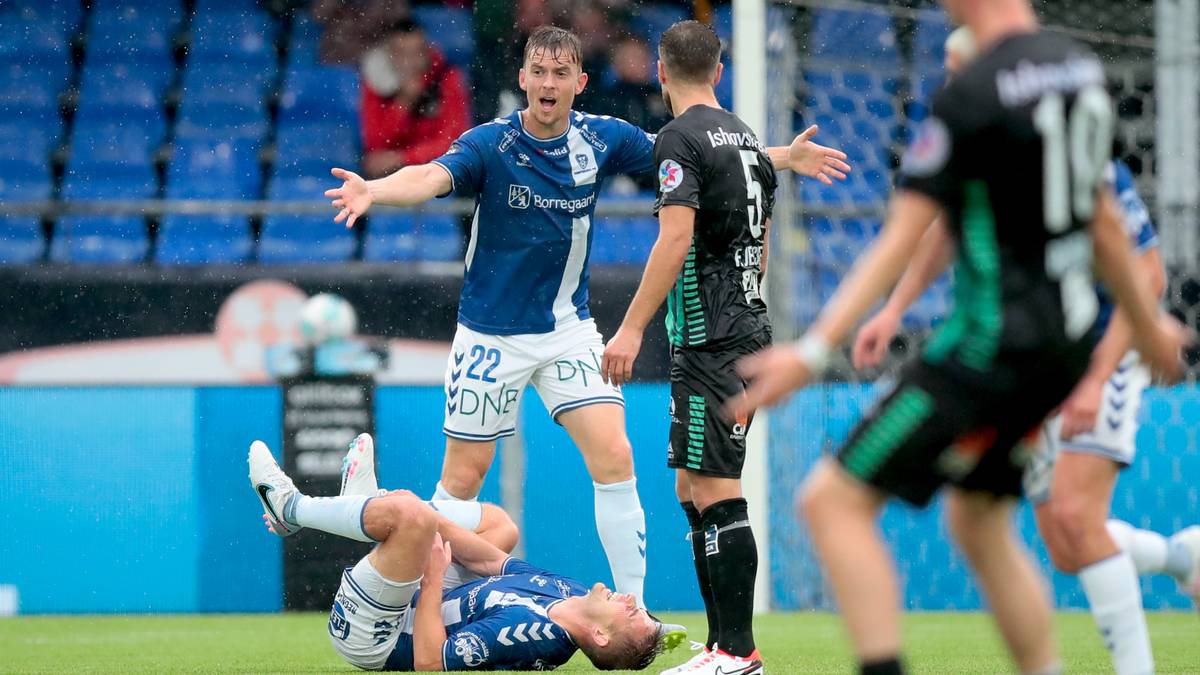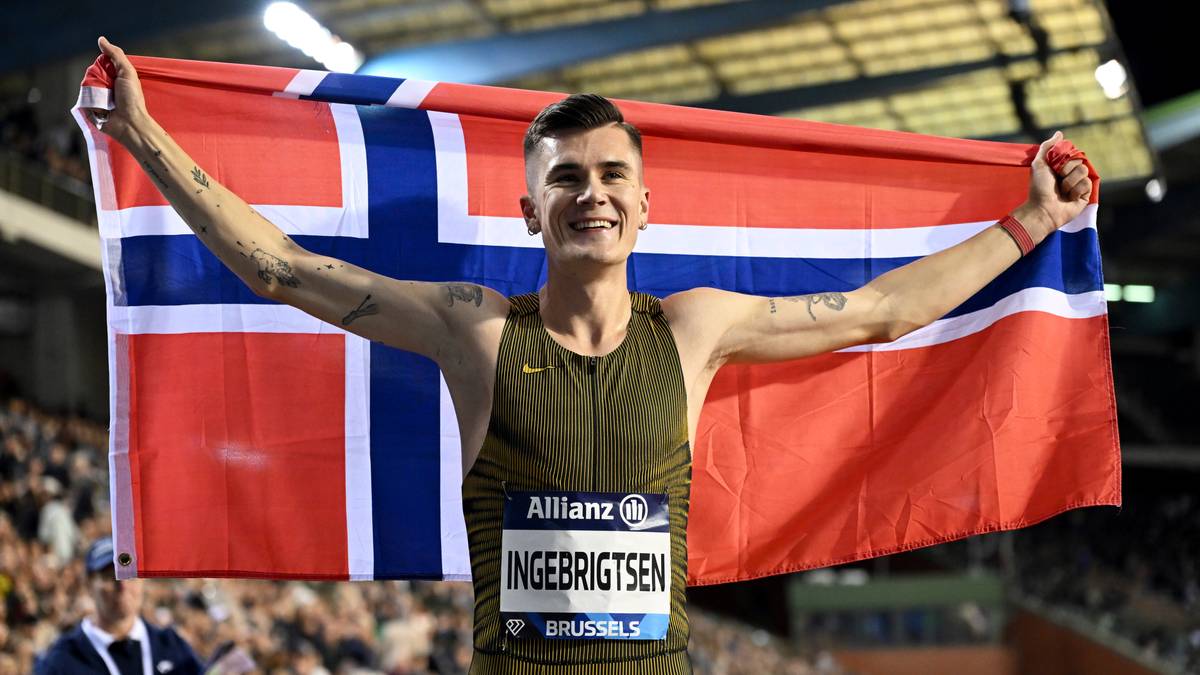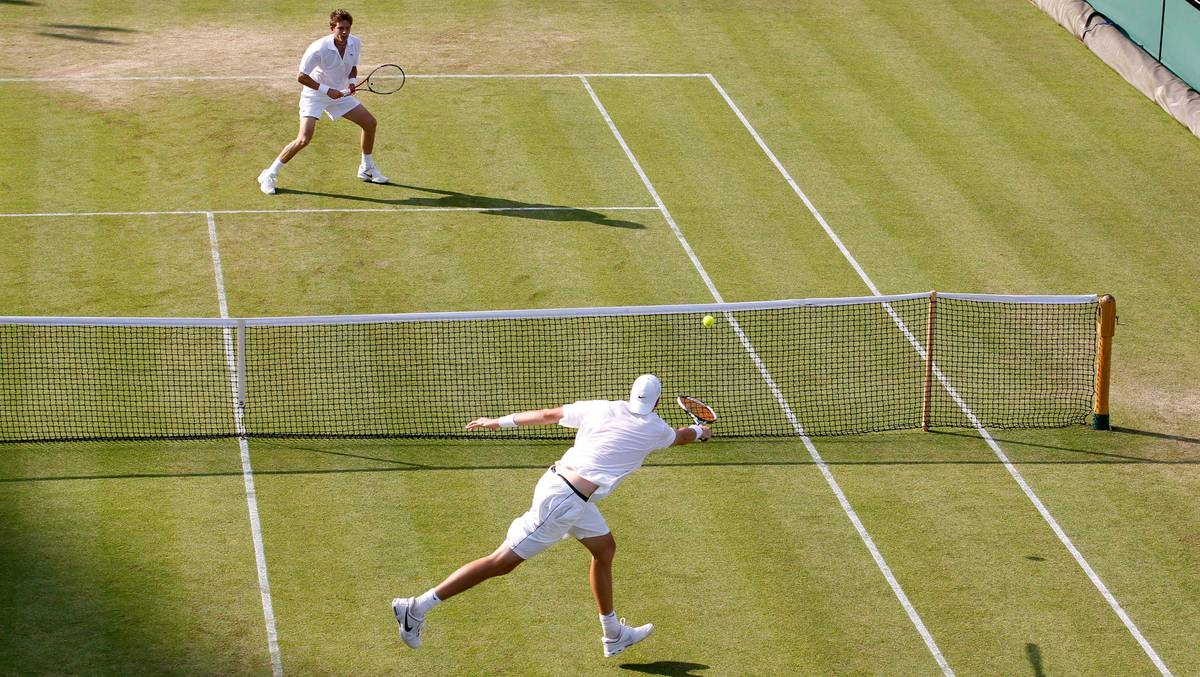– We have a fairly solid process both to collect data and present results to make decisions. We do this both directly during the game and in relation to training, assistant coach Anders Jacobson told NTB.
Load management is especially important in tournaments where teams will play up to six games.
– It’s useful for us. It is one thing to say how you feel and how burdensome it is in relation to what they have set, another thing is to prove it. This provides greater security, Guro Reiten told NTB.
– Our physical trainer Gunnvor (Halmøy) managed it. We didn’t put too many numbers into them, but they helped them control the load, says Julie Blakstad.
National team manager Martin Sjögren said that everything was geared up for the match.
– We always take individual considerations into account so the players have the power they need. Everything is planned based on when the match is played. That’s when you need to be as healthy as possible. Some train almost every session, some have recovery sessions from time to time to be able to recover, he said.
Profit
Plans are made for the volume of distance the player will cover, and are checked using GPS data. Jacobson believes that this system has great advantages.
– This does not mean that we ignore the subjective judgment of the players, but we combine the two to find optimal load management. “We are very happy with that,” he said.
Norway is far from alone in using GPS chips. Many top clubs and the men’s national team have used it for several years, and the England men’s and women’s national teams swear by it.
In light of the opening match against Norway, the Football Association of Northern Ireland published a case of its own website about how important the equipment was to their women’s team. Data streams about how much players run and how they move are used both for strategic decisions and for load management.
Jacobson says that the usefulness of new technologies has increased as people have become accustomed to using them.
Thank you club
– It has become a process. At first we had to try the equipment, and then we found out how it worked for us. We have to find out. “Over the past year and a half, the value has been clear, and now we’ve been using it sharply for half a year,” he said.
Even though others are using the technology, Jacobson believes that Norway is at the forefront.
– We also get data from the club, so we can track how many runs the player has in the daily life of the club to compare with us. This way we can make sure that they don’t get over or underexposure. “We are very grateful for the cooperation with the club,” he said.
In the European Championship play-offs, Norway has changed five players in each game. It’s a mix of tactical considerations, load management, and the need to start with as many people as possible.
– We use the opportunity to help players to the tournament, said Jacobson.
Prior to Friday’s game against Austria, 17 of the 20 outfielders had been on the pitch at the European Championship. Only three were played every minute of the first two games.

“Infuriatingly humble coffee guru. Travel practitioner. Freelance zombie fanatic. Certified problem solver. Food scholar. Student.”





